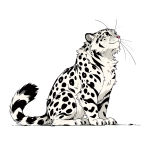Explore the Best AI Image Gallery
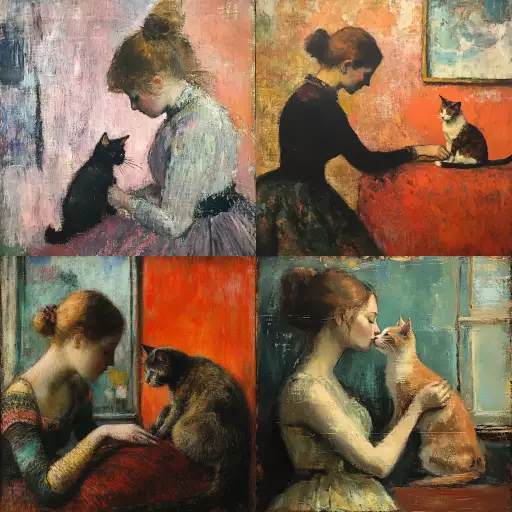
Quantum Creativity: Where Computing Meets Imagination
For centuries, the realm of creativity has been a playground for human imagination, fueled by intuition, emotion, and boundless ingenuity. But what happens when we introduce the immense power of quantum computing into this equation? Quantum computing, with its ability to process information in fundamentally new ways, is poised to revolutionize the creative industry, blurring the lines between technology and artistic expression.
Unleashing New Creative Frontiers
Quantum computers are not simply faster classical computers; they operate on principles of superposition and entanglement, allowing them to explore a vast array of possibilities simultaneously. This opens up exciting avenues for creatives:
- Generative Art: Imagine algorithms that can compose symphonies, paint abstract masterpieces, or even design intricate 3D models, guided by quantum-powered calculations.
- Interactive Storytelling: Quantum computing could enable dynamic narratives where the plot evolves in real time based on audience choices and emotions, creating truly personalized experiences.
- Enhanced Design and Simulation: Architects, product designers, and engineers can leverage quantum simulations to test and refine their creations with unprecedented accuracy, pushing the boundaries of innovation.
Quantum-Powered Tools for Artists
While large-scale quantum computers are still in development, specialized tools are emerging that harness the power of quantum mechanics for creative purposes:
- Quantum Random Number Generators: Providing truly unpredictable numbers essential for generating unique and captivating artistic outputs.
- Quantum Machine Learning: Enabling artists to train AI models on vast datasets of art history and styles, leading to novel and innovative creations.
- Quantum-Inspired Algorithms: Incorporating principles of quantum computing into existing algorithms to enhance creativity and efficiency in design and production processes.
Ethical Considerations: Navigating the Uncharted Territory
As with any powerful technology, quantum computing raises ethical considerations that require careful attention:
- Bias and Fairness: Quantum algorithms trained on biased data can perpetuate existing societal inequalities. It is crucial to ensure fairness and inclusivity in the development and deployment of these tools.
- Copyright and Ownership: The question of who owns the copyright to works created by quantum-powered AI raises complex legal and philosophical challenges.
- Accessibility and Equity: Access to quantum computing resources should be equitable, ensuring that all creatives have the opportunity to benefit from this transformative technology.
The Future of Quantum Creativity
The intersection of quantum computing and creativity is still in its nascent stages, but the potential is immense. As research progresses and quantum technologies become more accessible, we can expect to see:
- Emergence of New Artistic Forms: Quantum-inspired art will push the boundaries of expression, exploring new dimensions of creativity.
- Collaborative Creativity:** Quantum tools will facilitate seamless collaboration between artists, engineers, and computer scientists, fostering a new era of interdisciplinary innovation.
- Democratization of Creativity:** Quantum technologies will empower individuals with limited resources to access powerful creative tools, making artistic expression more inclusive.
The fusion of quantum computing and creativity promises a future where technology amplifies human imagination, leading to groundbreaking artistic expressions that redefine the boundaries of what is possible. Embracing this transformative potential while addressing the ethical challenges will be essential to harnessing the full power of quantum creativity for the betterment of society.

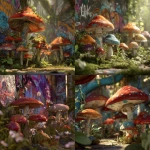
](https://images.ai-img.art/thumbnails/150/45d068cbdc39002eccc21e2169438a3c142426219fda8c9e027c536cdf66811e.webp)
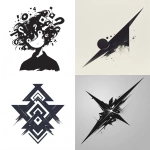
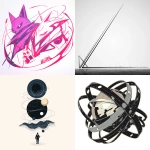
](https://images.ai-img.art/thumbnails/150/cc8f7b8338e849e1e11a902ac51eda96c8f710e5d829c5b4d57b56fa05d28e95.webp)
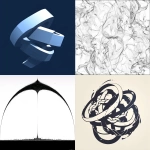
](https://images.ai-img.art/thumbnails/150/5b3fca49762c8c532ff70f250ca3b5900bac75be98d6c82f8f7a220465ad534a.webp)
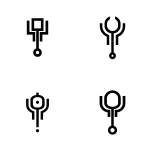
](https://images.ai-img.art/thumbnails/150/f1cbba604c7411267acd95acaa4746a5ee006a25ade5e596a9501884b384e1dd.webp)

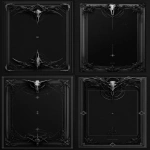
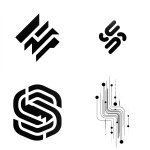
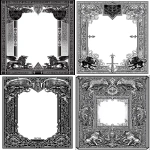
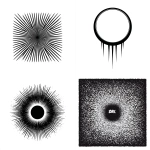
](https://images.ai-img.art/thumbnails/150/9ad2f4d771346182f4c9b6d1712edfd0b6b776f37b75dac606a8e03b1bd2dc47.webp)
](https://images.ai-img.art/thumbnails/150/89d86a1c20e8844b6d4ce23cf0e6ae10c19923617b6be16cac5d3cc513bf9c4e.webp)


](https://images.ai-img.art/thumbnails/150/8884a7a8953b23d6c882f33524c10e09d320bbce4f305f2c7e79c402d82c1760.webp)


](https://images.ai-img.art/thumbnails/150/4d725f4d5380eb583bdebf0aad4c789acd6782398b4050f01f350a939dd4c2af.webp)
](https://images.ai-img.art/thumbnails/150/bbf691f1c69e4801062c68d0435463c5bf76258e3984fbe3cc25e9e46174cf88.webp)


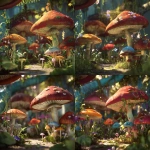


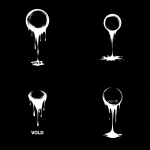
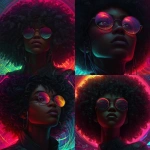
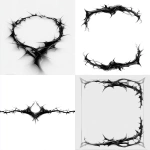

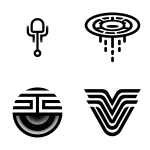
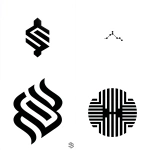
](https://images.ai-img.art/thumbnails/150/55e9c8ac48f7ca1311ec4a843e2616aa87c73e2217901ac138d198afb0b4f1db.webp)
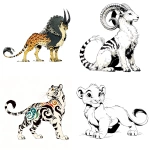
](https://images.ai-img.art/thumbnails/150/f9928aee79da6b2028ac7a7129ac30e6475a85d5300661776fde267c2da839ab.webp)
](https://images.ai-img.art/thumbnails/150/c04f7210bb9d35279503ff64ad44a9826d6909838f777fb1edd0fdece2ac7c70.webp)

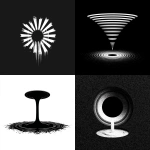
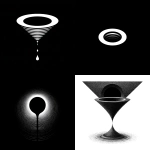
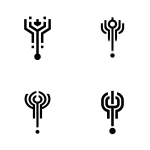
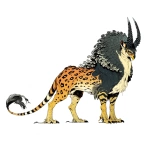
](https://images.ai-img.art/thumbnails/150/03de477e462377e62b34fea23ab1cbf6d4557f4077cc8bed9f23388af1200721.webp)
](https://images.ai-img.art/thumbnails/150/78a1311461ccc4b60dd1430d56ee04b3b5612a3145aef0a32196168d5489fdf3.webp)
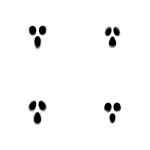
](https://images.ai-img.art/thumbnails/150/16ec42833d204af37c75cc776a794c54661cbfe1061c899680a4976a7f74cd51.webp)
